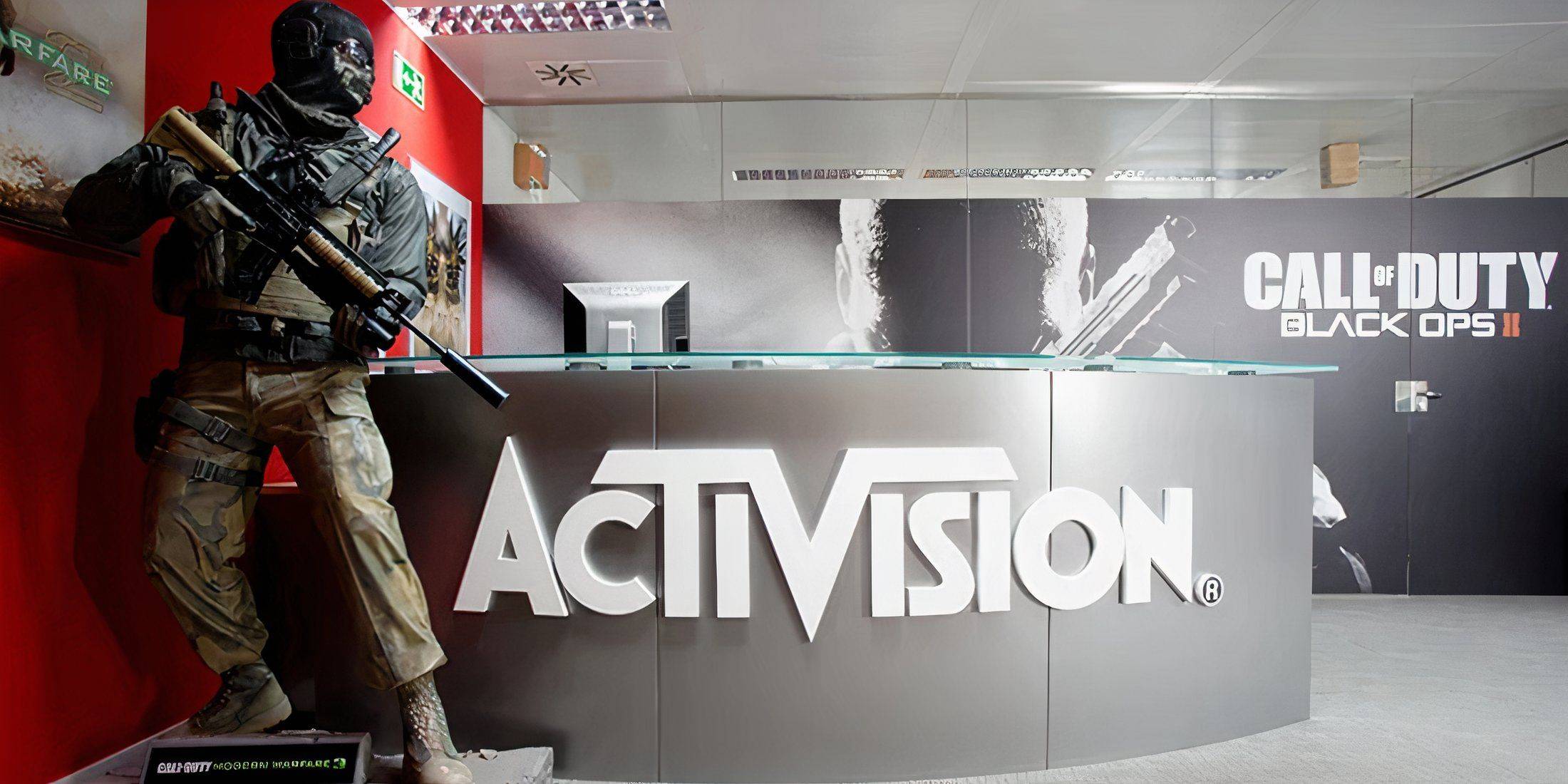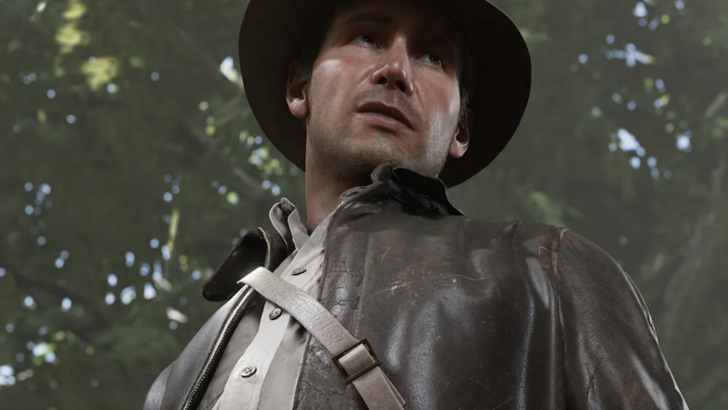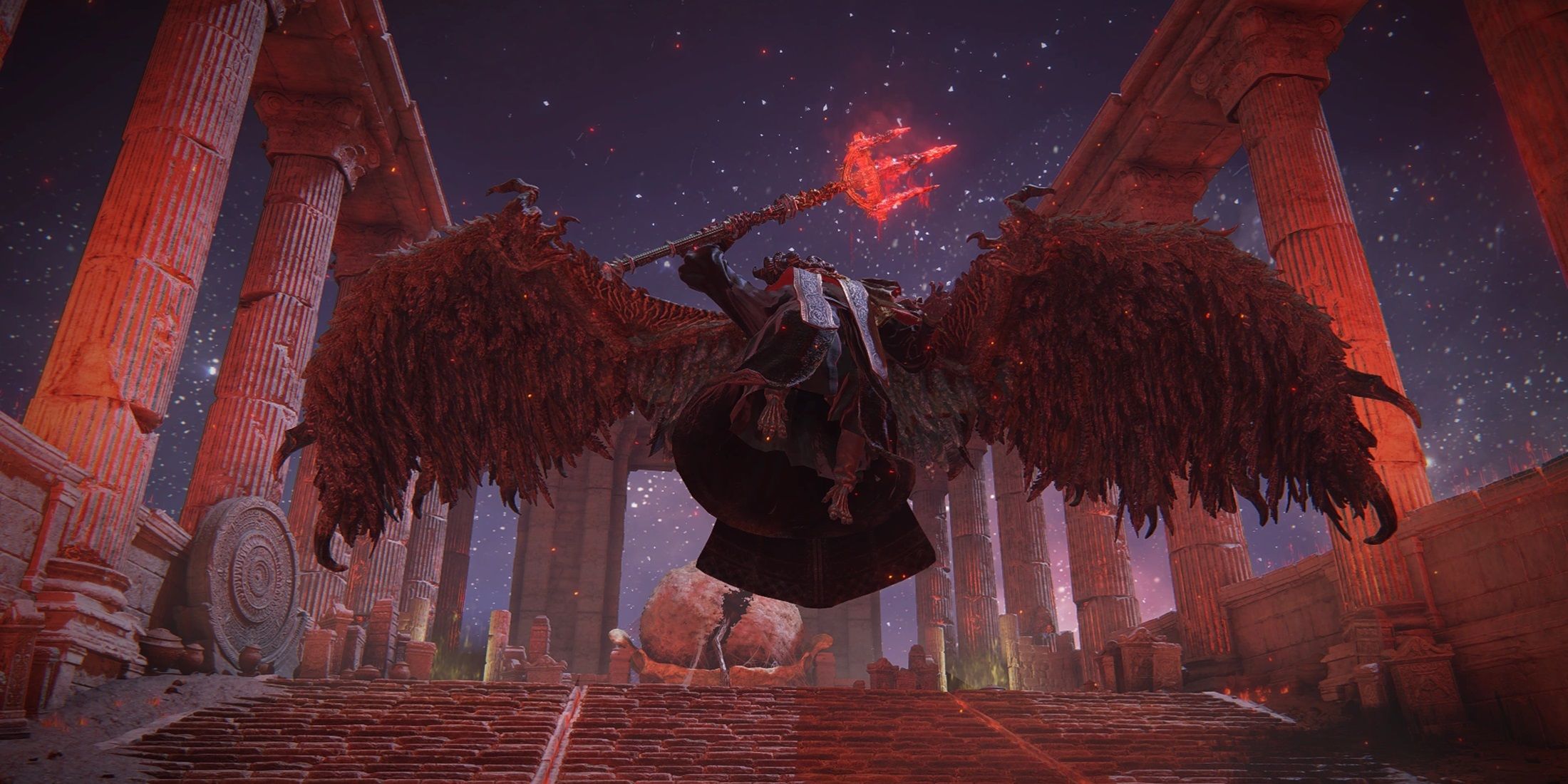
Activision's Robust Defense in Uvalde Shooting Lawsuit
Activision Blizzard vehemently denies any connection between its Call of Duty franchise and the tragic Uvalde school shooting, asserting its content is protected under the First Amendment. The company's comprehensive legal response, filed in December, counters claims that the game served as "mass shooter training."
The lawsuit, filed in May 2024 by families of the Robb Elementary School shooting victims, alleges the shooter's exposure to Call of Duty's violent content contributed to the May 24, 2022 tragedy. Nineteen children and two teachers perished, with seventeen others injured. The shooter, a former Robb Elementary student, played Call of Duty regularly, downloading Modern Warfare in November 2021, and used an AR-15 rifle, similar to one depicted in the game. The suit also names Meta, alleging Instagram facilitated the shooter's access to firearm advertisements.
Activision's 150-page defense, reported by Game File, rejects all allegations of causality. The company seeks dismissal under California's anti-SLAPP laws, safeguarding free speech. The filing emphasizes Call of Duty's status as protected expression, arguing that criticisms based on "hyper-realistic content" violate First Amendment rights.
Supporting this defense, Activision submitted expert declarations. Professor Matthew Thomas Payne of Notre Dame University provided a 35-page statement contextualizing Call of Duty within the tradition of military realism in film and television, refuting the "training camp" assertion. Patrick Kelly, Call of Duty's creative head, contributed a 38-page document detailing the game's development, including the $700 million budget for Call of Duty: Black Ops Cold War.
The Uvalde families have until late February to respond to Activision's extensive filings. The case's outcome remains uncertain, but it highlights the ongoing debate surrounding the link between violent video games and mass shootings.

 Latest Downloads
Latest Downloads
 Downlaod
Downlaod




 Top News
Top News









